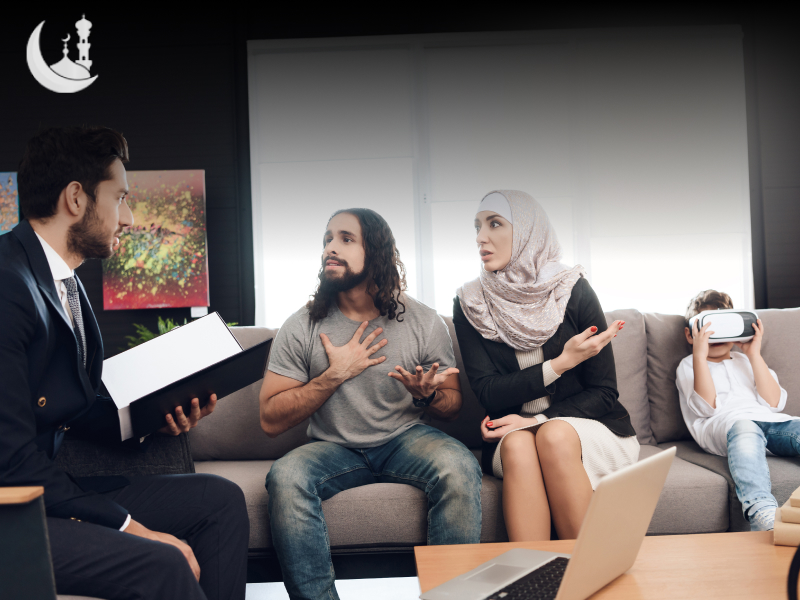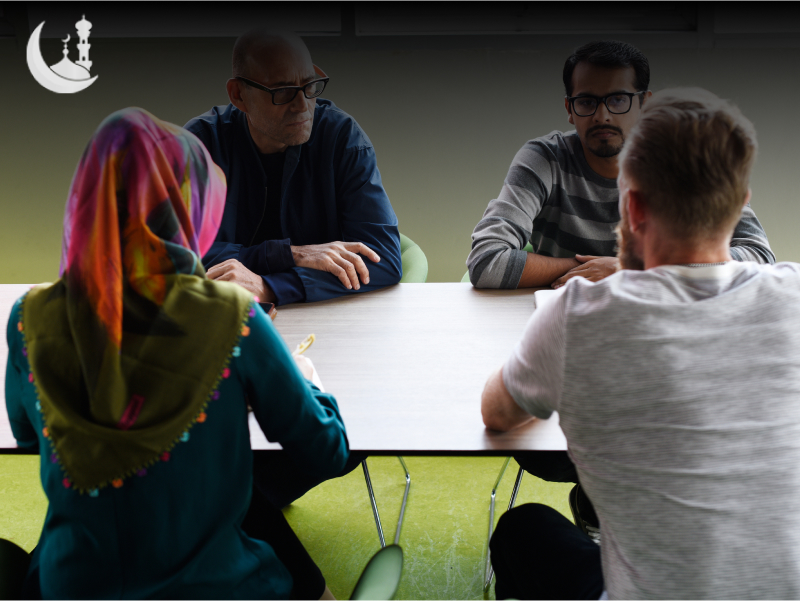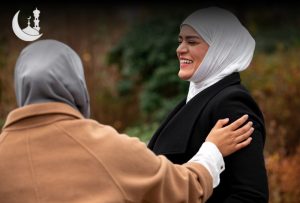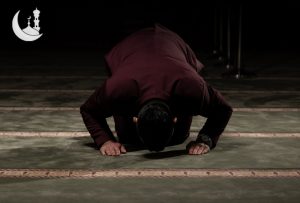Divorce, although a very tough decision to make, counseling and divorce therapy through seeking divorce counseling will help one walk through this tough time. These are words that should be known to use in being healed.
What is Divorce Counseling?
Divorce counseling is a type of therapy that helps individuals cope with the psychological and emotional shock of divorce. Counseling provides a non-judgmental environment in which people feel free to say anything that comes out of their minds, to know what is happening to them, and to become enlightened about what their case is all about. The major contents of divorce counseling are as follows:
-
Emotional Support
There is so much mixed feeling – sadness, anger, guilt, etc. This kind of counseling system would help the person being counseled go through the feeling constructively. It is said that emotional support should be given so that no chronic psychological conditions prevail in the human personality.
-
Coping Skills
Some form of coping mechanisms are part and parcel of divorce counseling, offered to them. A divorce counselor will assist people with preparing on how they would manage the stress, anxiety, or overwhelming emotions most people suffer if they really do go through with getting divorced. Such mechanisms would be beneficial at the time of divorce; however, also later on in life and other relations.
-
Process Awareness
Nobody ever knows what the dissolution of marriage would mean. The counseling process puts the client right in touch with the law and the emotional process that leads to divorce, and it sets them through every nitty-gritty about the procedure. This does lighten up some of the burden imposed by fear and anxiety toward the process.
-
Conflict Resolution
In cases where divorce is to a spouse one continues talking to, divorce of children, counseling will enable one to communicate effectively as well as amicably solve problems.
Effective amicable communication will discourage and minimize conflict that would potentially turn into hostility; hence, it will aid to decide by mutual consent.
What is Divorce Therapy?
While very similar to counseling in so many ways, divorce therapy relies more on the psychological approach rather than the process of obtaining a divorce. For this reason, it often tends to be more holistic, thus touching deeper emotional states. Here is what you need to know about divorce therapy.

-
Deep Emotional Healing.
Divorce counseling provides an individual the good luck of getting into such an inner emotional pain that would have ended the marriage. Problems are suppressed from when the person was still in childhood, other previous relationships, or even other personal problems that could have been spotted and focused on when being married.
-
Self-Discovery
This allows learning about the strengths and weaknesses about, making better decisions on relationships, and growth into the future through understanding oneself more. It is more of identifying behavior patterns that adversely affect the marriage.
-
Building Resilience
It makes people face the stress themselves and prepares people to build self-esteem as well as emotional strength. The process is especially after divorce, which prepares people for new challenges ahead with newly regained confidence.
-
Co-Parenting Support
Divorce therapy stretches up to the best ways of co-parenting for the parents who have children. The therapists guide on new lifestyles of the parents, so their children’s emotional needs are met by guiding them on this aspect. This will ensure that they do not clash and therefore create a healthier environment for their children.
Islamic Counseling in Divorce Support
Spiritual aspects go a long way in healing divorce. Islamic Counseling is one of the approaches that integrate psychological thought with Islamic teachings.

Islam teaches forgiveness. That would work to great extent for counseling. The data relating to the demand for forgiveness gave emotional healing, and consequently, relationships in the future would be healthy.
I highly Recommend Seeking Help Regarding the Process
- Seek Early: A person must seek early support in a relationship so things are not very emotionally distressed then; the process of divorce may begin. Then, comes forth at each stage, support help.
- Profession to be Consulted: While filing for the divorce counselor or therapist ensure that the person you are going to choose for yourself has enough expertise and knows well how much an individual will require, and if someone needs religious help, they can even consult Islamic Counseling experts.
- Honesty and Transparency: Last is the characteristic upon which the success of counseling or divorce therapy, whatever form it might take, depends—how honest a person is with himself or herself. Be as candid as you can be about your feelings and such things happening in your life and the like so you are sure to make apt use of the process.
- Goal Setting: Plan out practical goals with a therapist or counselor of what you would want to achieve regarding emotional healing, clearer communication with your child, but more importantly co-parenting strategy that will be useful for the rest of your life.
- Self-Care. Get tough- take care of themselves. Do everything in their power to be both healthy and happy. First and foremost, and according to your preference on what to do first and to what extent you undertake each, exercise through meditation and one or more sports in order to be able to enjoy an optimal level of physical health as well as to spend time with family and friends who are also good and supportive.

Conclusion
Marital problems navigating in their own, help has to be sought through divorce counseling and divorce therapy. Once the difference between counseling and therapy is understood, one might look into the benefits of Islamic Counseling; a path of healing and personal growth, never too late, if it’s taken today, then tomorrow will shine.
Read Also: 11 Secrets to a Happy Marriage
FAQs
Q1) What is the difference between divorce counseling and divorce therapy?
Counseling in divorce is placed psychologically more on emotional support and coping mechanisms during the divorce process. Divorce therapy works both with psychological problems and the development of a person.
Q2) How is Islamic counseling beneficial to one during the process of divorce?
It provides spiritual guidance culturally sensitive supportive communities and the relevance of forgiveness to help an individual cope with the divorce of one’s beliefs.
Q3) When to go to the divorce counselor or therapist?
When they cannot check their feelings can’t choose their will, and need parenting in co-parenting then they just want to get familiar with the root problem of relations.






